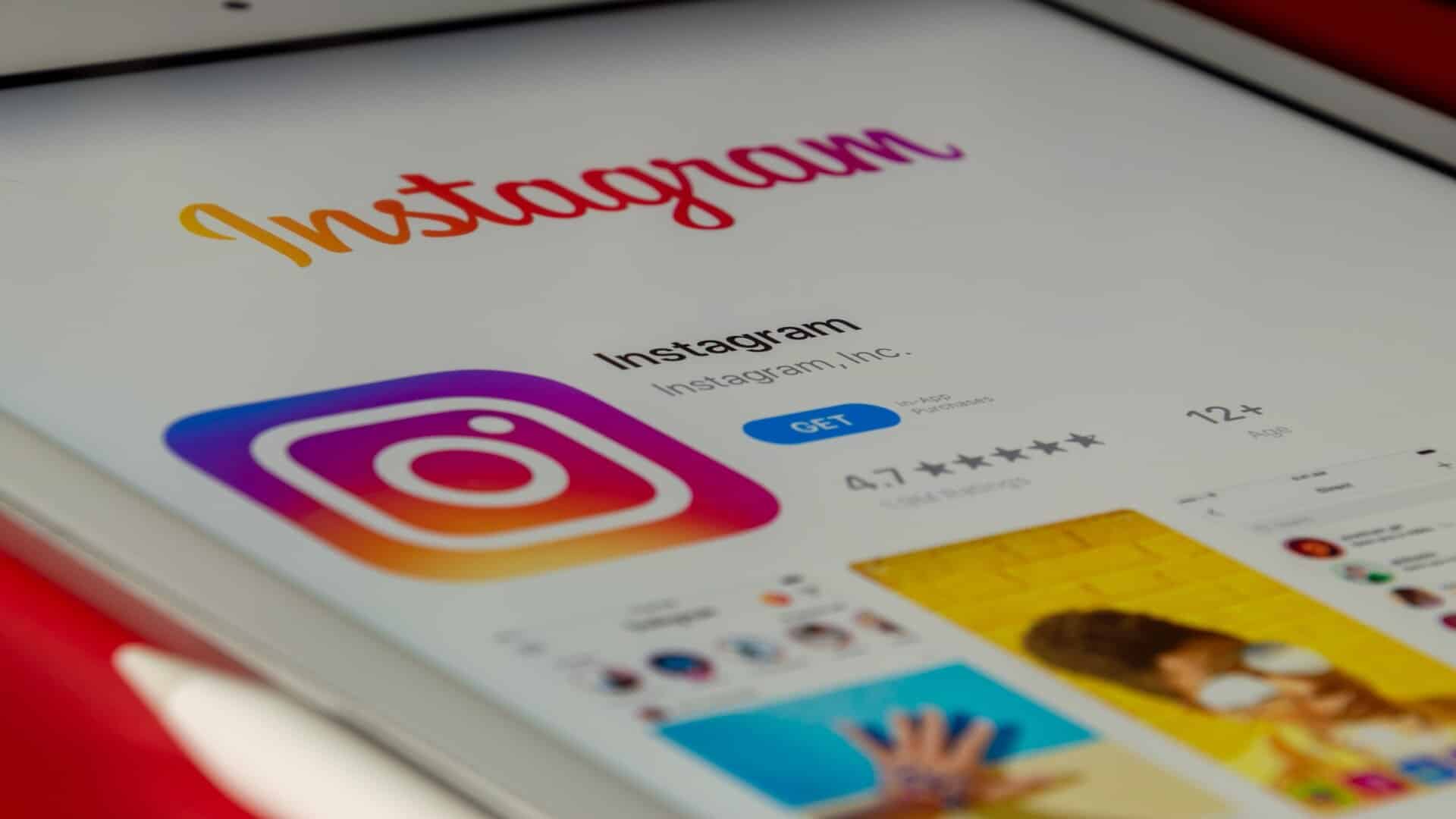Social Media
Not accurate to say research demonstrates Instagram is “toxic” for teen girls: Facebook
It is simply not accurate that this research demonstrates Instagram is “toxic” for teen girls, says Facebook. The social media giant has hit back at a Wall Street Journal report that claimed Facebook was aware of the negative impacts Instagram was having on teenagers, particularly girls, and this was being played down in public.
Antigone Davis, Facebook’s Global Head of Safety, appearing before a Senate Commerce Subcommittee on Thursday said the report actually demonstrates that many teens feel that using Instagram helps them when they are struggling with the kinds of hard moments and issues teenagers have always faced.
“In fact, in 11 of 12 areas on the slide referenced by the WSJ including serious areas like loneliness, anxiety, sadness and eating issues, more teenage girls who said they struggled with that issue also said that Instagram made those difficult times better rather than worse,” Davis said. “Body image was the only area where teen girls who reported struggling with the issues said Instagram made it worse as compared to the other 11 areas. But here also, the majority of teenage girls who experienced body image issues still reported Instagram either made it better or had no impact.”
Facebook, in its blog post, says the research was designed to inform internal conversations about teens’ most negative perceptions of Instagram. It did not measure casual relationships between Instagram and the real-world issues. These documents were also created for and used by people who understood the limitations of the research, which is why they occasionally used shorthand language, particularly in the headlines, and do not explain the caveats on every slide.
The platform pointed out that WSJ article implied that Facebook is hiding this research and that the results are surprising. The blog post highlights an example of a survey and interviews from Harvard which found that teens viewed social media predominantly positively, though they reported both positive and negative impacts on their relationships and self-expression. Moreover, a Pew Internet survey reported the majority of teens credit social media for positive outcomes, like 81% said it helps them connect, while some also pointed to its negative impacts, like 43% said they felt pressure to post things that make them look good.
Also Read: Indian steel manufacturers unlikely to be hit by China’s Evergrande crisis
Facebook said the internal research is part of the company’s effort to minimize the bad on their platforms and maximize the good. “We invest in this research to proactively identify where we can improve, which is why the worst possible results are highlighted in the internal slides. That’s why the most important thing about this research is what we have done with it.”











































Pingback: Facebook is pausing its plans for Instagram Kids after criticism.